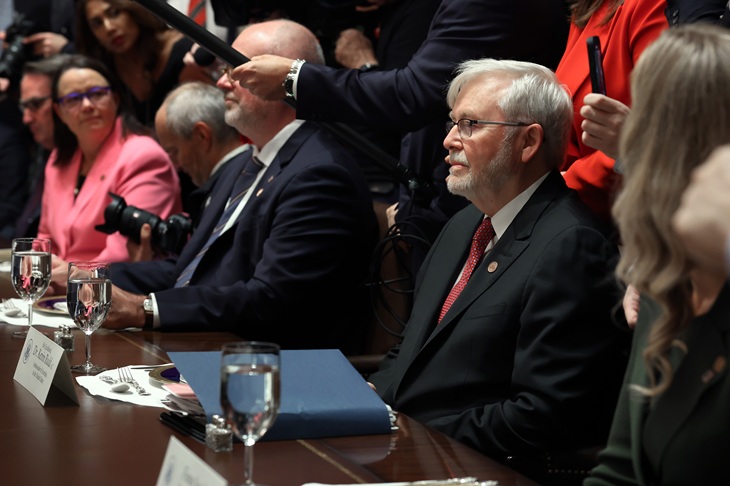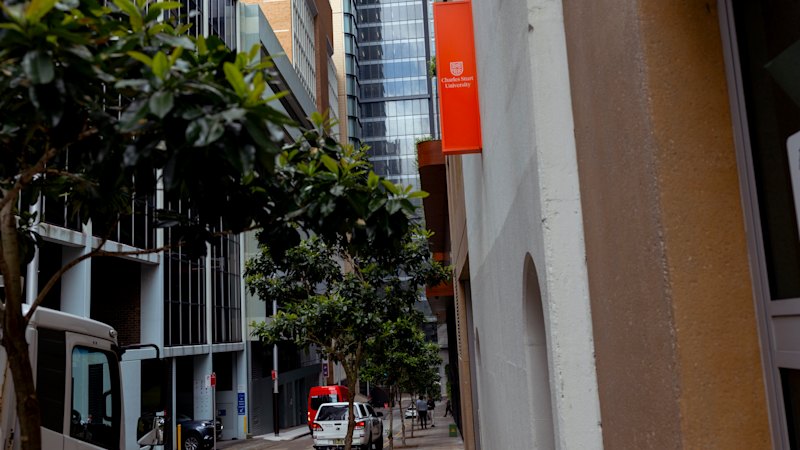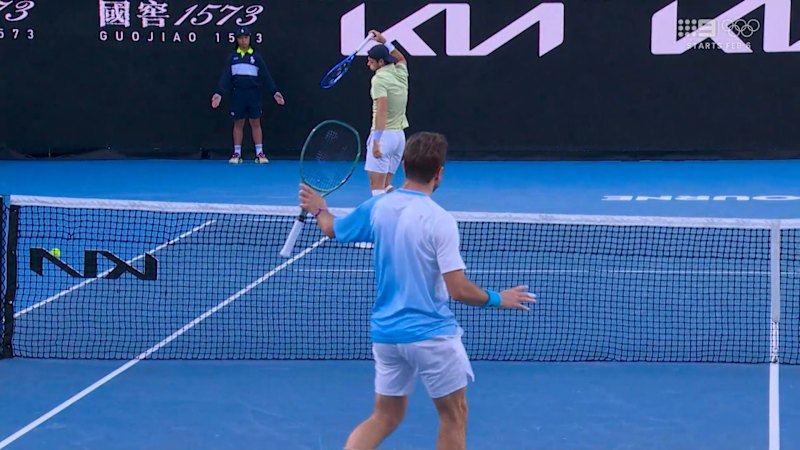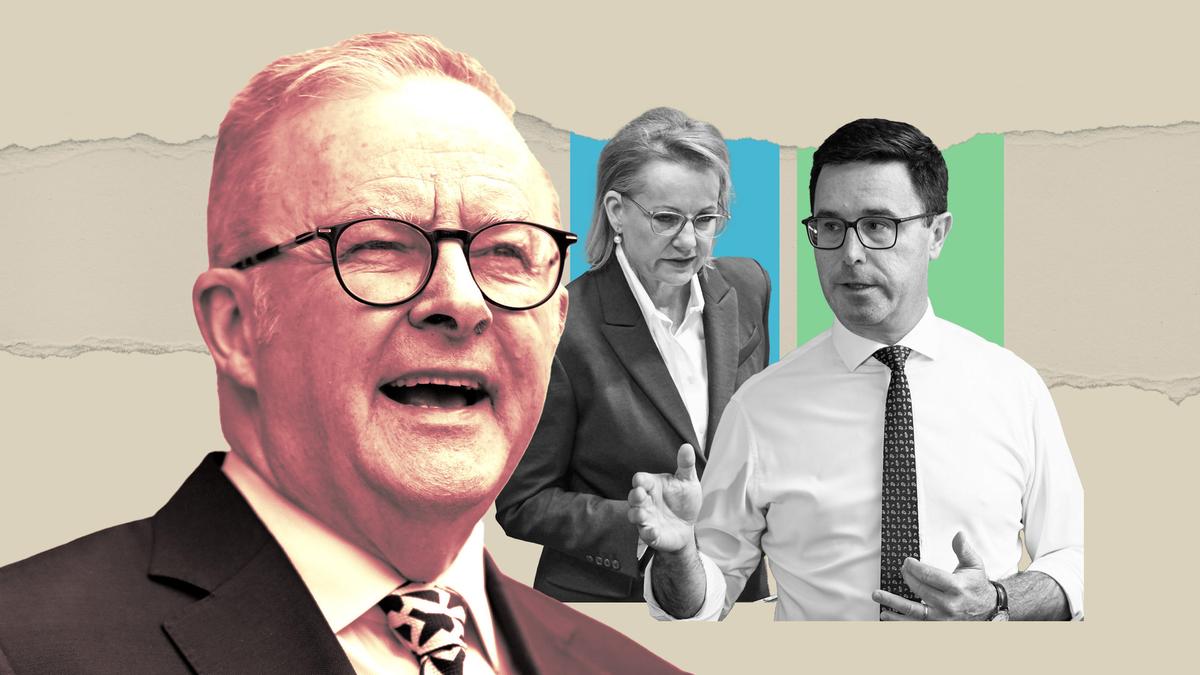
WASHINGTON, DC - OCTOBER 20: Australian Ambassador to the U.S. Kevin Rudd (C) attends a meeting between President Donald Trump and Prime Minister of Australia Anthony Albanese in the Cabinet Room of the White House on October 20, 2025 in Washington, DC. Albanese is visiting the U.S. Capital to meet with President Trump and later visit the Pentagon. (Photo by Anna Moneymaker/Getty Images)
UPDATE: In a stunning turn of events, Australian Prime Minister Anthony Albanese has narrowly escaped a diplomatic disaster during a crucial meeting with President Donald Trump. The high-stakes encounter, held earlier today in Washington, D.C., could have spiraled into a public relations nightmare for Albania if Trump had chosen to retaliate against former Prime Minister Kevin Rudd‘s past criticisms.
Reports confirm that Trump, back in the White House, refrained from using Rudd’s previous insults—calling him a “destroyer of the international order” and a source of “darkness”—as leverage against Albanese. Instead, the President opted for a diplomatic approach, focusing on common interests and the vital Aukus alliance. This strategic choice has significant implications for the future of Australia-U.S. relations.
Albanese’s meeting with Trump was intended to reset ties and discuss pressing issues such as trade and defense. However, the specter of Rudd loomed large. With Rudd’s history of public attacks on Trump, many speculated that the meeting could end in humiliation for Australia. Trump’s decision to extend an olive branch not only salvaged the meeting but also spared Albanese from the embarrassment of a diplomatic debacle.
“This was a moment of grace from President Trump,” an official source stated, highlighting the unexpected diplomatic courtesy that could have easily turned into a spectacle of retribution. The stakes were high for Albanese, who needed to project strength and capability in the face of mounting criticism back home.
Had Trump demanded Rudd’s removal as a precondition for dialogue, it would have left Albanese vulnerable and exposed the fractures in Australia’s U.S. strategy. Instead, Trump’s magnanimity allowed Albanese to leave the meeting on a high note, with a photo opportunity that bolstered his public image.
While Albanese may present this outcome as a diplomatic victory, the reality is stark. Without Trump’s unexpected restraint, the meeting could have exposed significant weaknesses in Australia’s leadership and foreign policy. Some commentators have described Albanese’s luck as akin to winning the lottery without purchasing a ticket.
With the future of Rudd’s ambassadorship now in question, experts argue that he must be dismissed to ensure a more stable relationship with the Trump administration. His tenure has been marred by personal grievances that are untenable in a diplomatic role, risking further alienation of Australia’s most crucial ally.
As this story develops, the Australian public watches closely. The political ramifications of this meeting may shape not just the future of Albanese’s leadership but also the trajectory of Australia-U.S. relations for years to come.
The immediate question now is: Will Albanese act decisively regarding Rudd’s position, or will he maintain the status quo? As the political landscape shifts, both leaders must navigate a complex web of international diplomacy, public perception, and internal party dynamics.
Expect further updates as this story unfolds.






